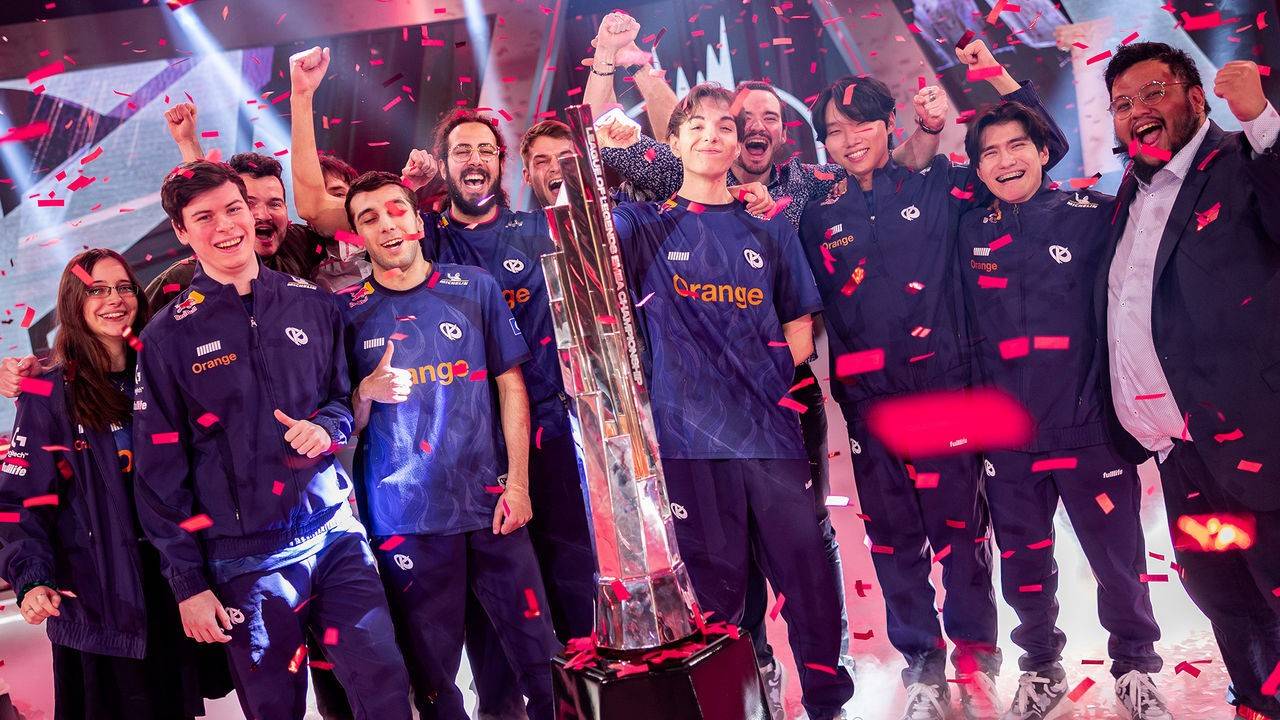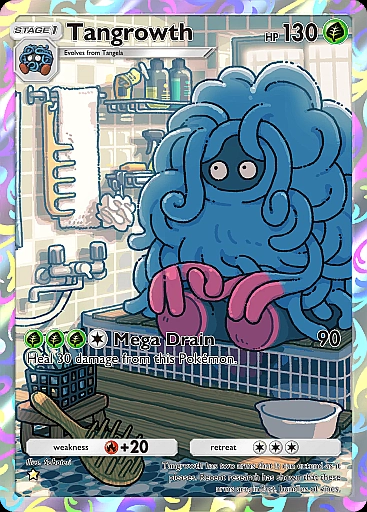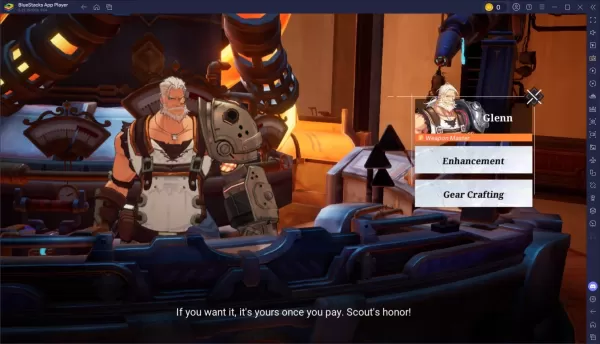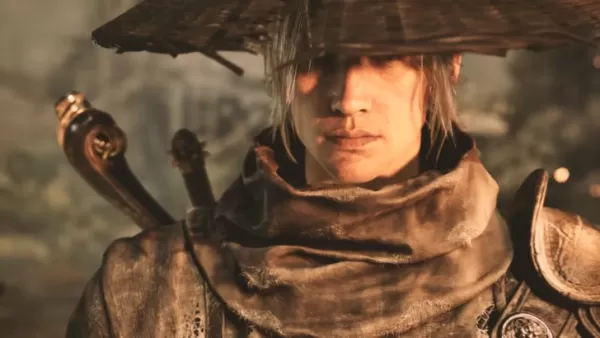Capcom Leverages AI for Game Environment Design
- By Layla
- Mar 13,2025
Capcom is exploring the use of generative AI to address the immense creative demands of game development. Creating the hundreds of thousands of unique design ideas needed for in-game environments is incredibly time-consuming. With rising development costs, publishers are increasingly turning to AI tools to streamline workflows and reduce expenses. This follows reports of AI-generated content in other major titles, including a cosmetic item in Call of Duty: Modern Warfare 3 and a loading screen in a previous Call of Duty installment. EA has even declared AI as "the very core" of its business strategy.
In a recent interview with Google Cloud Japan, Capcom's Technical Director Kazuki Abe (a veteran of titles like Monster Hunter: World and Exoprimal) detailed the company's AI experiments. Abe highlighted the significant time and resources dedicated to generating the vast number of unique ideas required for even seemingly minor elements. For example, designing in-game televisions necessitates creating unique designs, logos, and shapes for each instance. This process often involves multiple proposals and illustrations for tens of thousands of such objects per game.
To improve efficiency, Abe developed a system leveraging generative AI. This system processes game design documents and outputs design ideas, significantly accelerating the process. The AI iteratively refines its output based on its own feedback, further enhancing its effectiveness. This prototype, utilizing models like Google Gemini Pro, Gemini Flash, and Imagen, has reportedly received positive internal feedback. The anticipated result is a substantial cost reduction and a potential improvement in overall quality compared to manual creation.
Currently, Capcom's AI implementation is focused solely on this specific design generation system. Other crucial aspects of game development, including core gameplay mechanics, programming, character design, and overarching narrative ideation, remain firmly in the hands of human developers.
Latest News
more >-

-

- Prime Youth Offer: A Top Deal I Miss As An Adult
- Dec 27,2025
-

- LoL First Stand 2025: Why It Matters
- Dec 26,2025
-

-

- Atlan Crystal: Boost Gear Quality Guide
- Dec 25,2025



